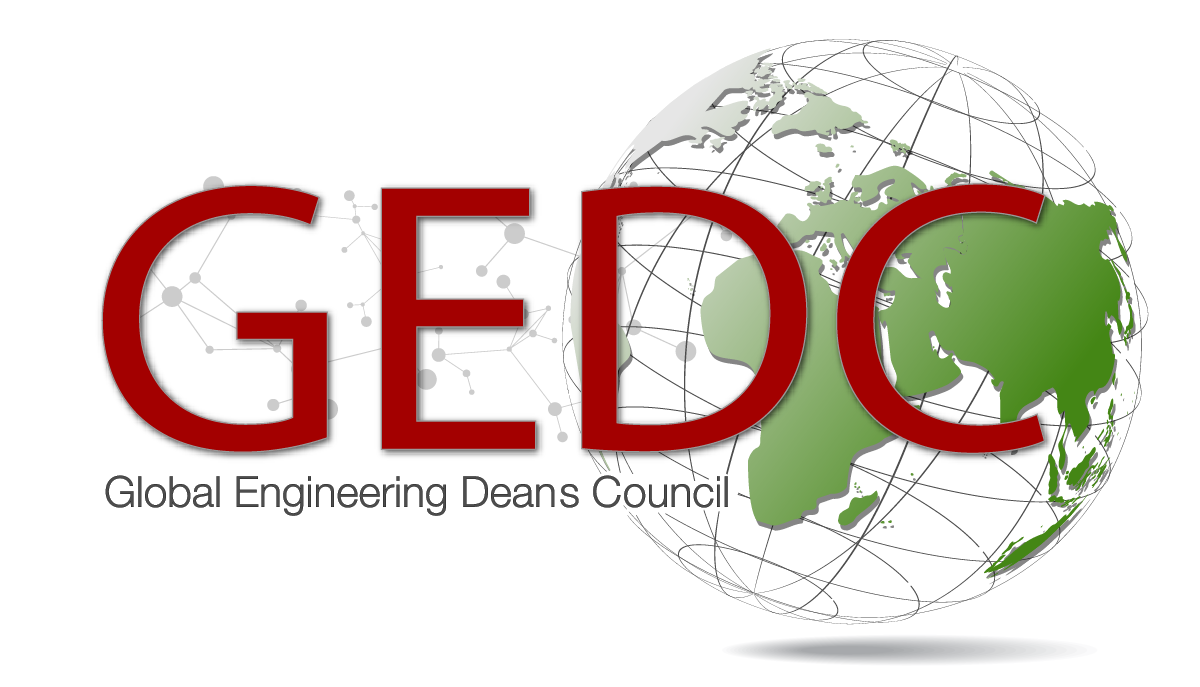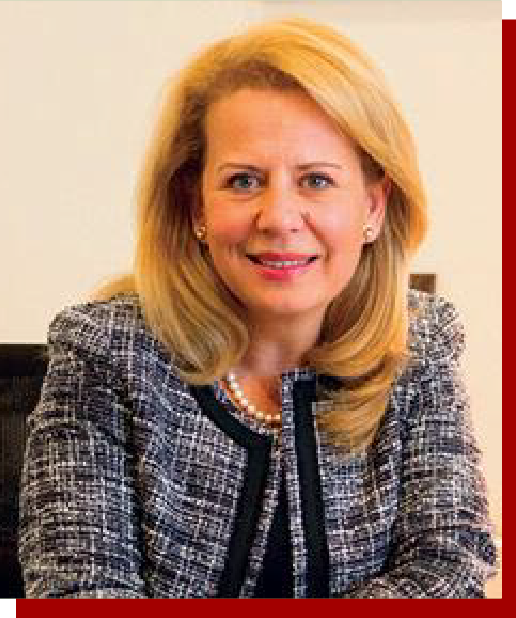What are the Degree Programs offered by Kadir Has University and what are some of the salient ongoing research projects?
Kadir Has Faculty of Engineering and Natural Sciences (Khas FENS) is in closer collaboration than ever with the other four faculties; Law, Art and Design, Economic Administrative and Social Sciences, and Communications. Khas FENS offers BS, MS, and PhD degrees in Electrical and Electronics Engineering, Computer Engineering, Industrial Engineering, Energy Systems Engineering, Management Information Systems, Bioinformatics and Genetics. The faculty takes advantage of the many synergies within, and reaches out to other disciplines with urban engineering, drug design, and information and communications technologies. Khas FENS is home to the first Center for Advanced Studies and Master of Science program in Urban Engineering. ICT Law, Technology and Society, Occupational Health and Safety, are headings led by FENS and shared by other faculties.
As a female dean in the engineering community, what are some unique challenges that you face? What are some advantages that you feel the perspective of female engineers can bring to the field?
As with every aspect of life, we need diversity in STEM, in education, research, and leadership in general. Looking at the engineering challenges we face today, and into the future, that female engineers or leaders are set apart in any way is absurd; we clearly need everyone to help tackle the growing problems of life on our planet.
Are there any international partnerships between Kadir Has University and other schools in Europe, Asia, and/or other regions of the world?
Istanbul is the center of the world to us. We have strategically chosen universities in the US, in Europe, in the Middle East, and Asia Pacific regions and activated fruitful partnerships. Internationalization is a must, where quality standards should be maintained globally but contributions, in terms of method and application areas, should be local. To this end, we have joint programs in Electrical and Computer Engineering, Computer Science, İnformation Network and Computer Security, and Energy Systems Management in addition to research partnerships in Renewable Energies, Education Technologies, and ICT:
What are some of the cutting edge engineering education advancements at the Faculty of Engineering and Natural Sciences during the last few years under your leadership? How have the FabLabs assisted students and research?
Housing the first FabLab in Turkey, Khas boasts ushering in the last digital revolution to the country. FabLab has not only been a natural tool for us to implement project based learning, but also allowed us to establish ties with middle and high school students. By definition, FabLabs are part of international FabLab network based on open access principles, which encourages collaborative design and innovation.
What are some of the overall challenges that your institution faces?
That engineering, in its fast evolution, is not well understood by children and teens and parents. We are ever burdened by having to explain potential career paths to prospective students, and struggling to present engineering careers as attractive and exciting as they truly are.
What are your top five priorities as a dean and where do you plan to take the Faculty of Engineering five years from now?
1- Merging engineering education with research and development.
2- Establishing Information and Communication Technologies as an enabler to all disciplines.
3- Harmonizing STEM education at every level, starting early in life.
4- Devising new research processes poised to produce solutions to existing or expected problems in an end-to-end, multidisciplinary fashion as opposed to producing solutions awaiting problems in silos.
5- Speeding up the last digital revolution in digital manufacturing on its journey from local to personal manufacturing.

